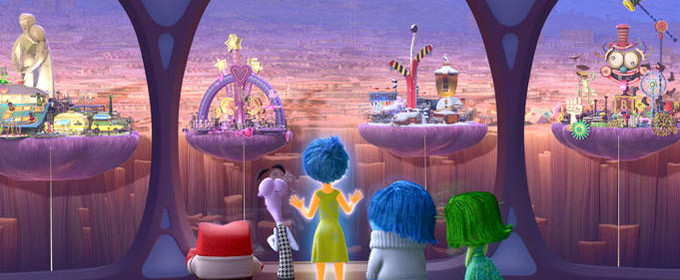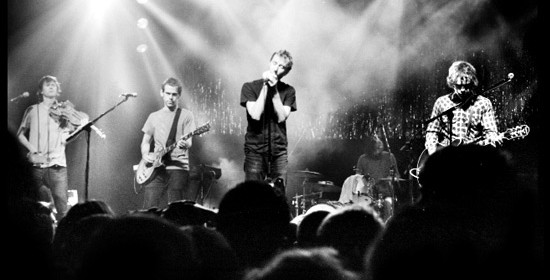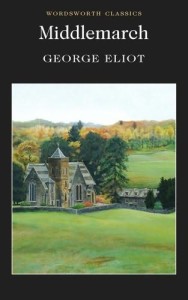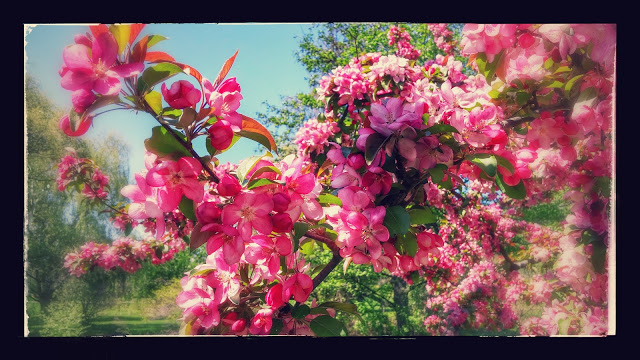The Return of the Prodigal Son

“The Return of the Prodigal Son” by Henri J.M. Nouwen is a short and beautiful book, a clear and profound exploration of a story that has become to so many of us familiar and perhaps even weary, perhaps even emptied of meaning.
The parable of the prodigal son is simple: the son leaves home after prematurely demanding and obtaining his inheritance. When things go poorly and he (the younger son) finds himself destitute and desperately unhappy, he returns to the home of his father to beg for forgiveness and employment as a servant in the household. This forgiveness is freely given by the loving and overjoyed father, along with complete restoration of the boy’s identity as his beloved son. Yet refusing to partake in the grand feast prepared for the returned son is his brother, the elder son who resents the favour received by one who did wrong when he, conversely, stayed home, worked hard and did “right.”














